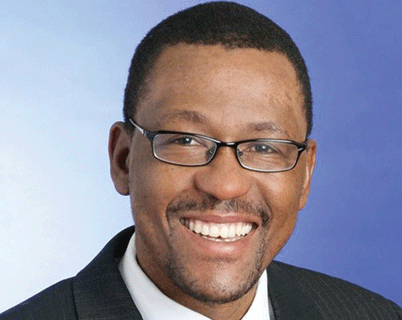
IF massive poverty, inequality gap and labour unrests were not so readily perceivable, it would almost sound fictitious that Africans are still struggling in 2014 for basic economic rights.
These elusive economic rights would allow the ordinary citizens to participate in a democratic process of choosing the best economic structure that serves the interests of the majority.
These fundamental rights for all citizens, however, are willfully violated because of the latent belief that unlike political rights, economic rights can be compromised or negotiated.
To put it into context, the economic rights of the Zimbabwean government and the citizens to own and control their economic resources, and use them for their benefit through programmes such as indigenisation and empowerment, should not be compromised or negotiated away to foreign investors. While foreign investors are critical to any economy, their importance should not be a justification for economic rights abuse.
The primary role of the government is to improve the welfare of its citizens. People elect governments so that they serve the interests of the majority.
Therefore, governments should listen consistently and act in a manner that promotes the economic rights of their citizens first, then foreign investors.
This is not to discount the economic rights of the investors, but demonstrate that usually, foreign investors’ economic rights trump those of citizens.
In addition, it is necessary to demonstrate the need to balance the economic rights of owners of resources and those of foreign investors.
- Chamisa under fire over US$120K donation
- Mavhunga puts DeMbare into Chibuku quarterfinals
- Pension funds bet on Cabora Bassa oilfields
- Councils defy govt fire tender directive
Keep Reading
Ironically, foreign investors expect governments to respect and protect their wealth!
In other words, they want governments to respect and protect their economic rights!
Yet, these very people violate the same economic rights they demand from the governments who actually give them opportunities for rent-seeking.
The undemocratic economic structures and outcomes are appalling as shown by the poverty levels, inequality gap and labour unrests. The sustenance of these structures is underpinned by the moral and philosophical support from neoliberal intellectuals.
These intellectuals managed to package a narrative that convinced ordinary citizens why they should forego their own economic rights to further those of the foreign investors. The reason people should cede their economic rights to the foreign investors, according to the intellectuals, is to allow them to create wealth for the majority of the people. Actually, a clear fact should not be confused: Wealth creation is a joint effort between the people and investors.
The economic rights should be balanced to acknowledge the rights of ordinary citizens to participate in the economy with full, non-negotiable economic rights.
At the moment, the investor community has a disproportionate advantage, because they are using the dominant economic structures and narratives to undermine the rights of everybody else.
Africans barely own their economies, meaning that wealth is shipped out of the continent.
Obviously, that is not a formula for national success. That is why, to a great extent, Africans are still poor in 2014.
Laurence Chandy, Natasha Ledlie and Veronika Penciakova, in a May 2013 Brookings Institution blog post titled Africa’s Challenge to End Extreme Poverty by 2030: Too Slow or Too Far Behind? state that “sub-Saharan Africa’s poverty rate is expected to fall further to 24% (from 48%) by 2030, representing 300 million people, but its share of global poverty balloons to 82%”.
The poverty level threshold is below $1,25 per day! I think the insignificance of the $1,25 becomes clear when global comparisons are made. South Africa, with a healthy economy, has a high unemployment rate of about 25% and the GINI Index of about 63,1.
The International Monetary Fund recently warned South Africa of weaknesses characterising its economy, such as the presence of a sharp divide between the employed and unemployed and labour unrests.
Econometrix, a South African consultancy firm, describes the economic injustice thus: “The government should be encouraging informal activity and small business development far more intensively rather than trying to collude . . . with large companies involved in capital-intensive activities.”
Tanzania, Zambia and Mozambique experienced generally healthy economic growth levels averaging about 5% for over a decade with sound governance and investor-friendly rules yet the ordinary citizens have little to show for it.
The common element among the four countries is their exclusionary economic structures that are based on neoliberalism, which alienates ordinary citizens from the mainstream economy.
Economic rights would be enhanced were governments to establish democratic economic structures such as Zimbabwe’s land reform and indigenisation programmes. It is in the best interest of everyone, including the foreign investors, to extend opportunities to the poor. The previously poor do not only become massive consumers of their goods and services, but safeguard their security as well. We all benefit when we are all better off.
Kuthula Njokweni is a Zimbabwean based in Canada










